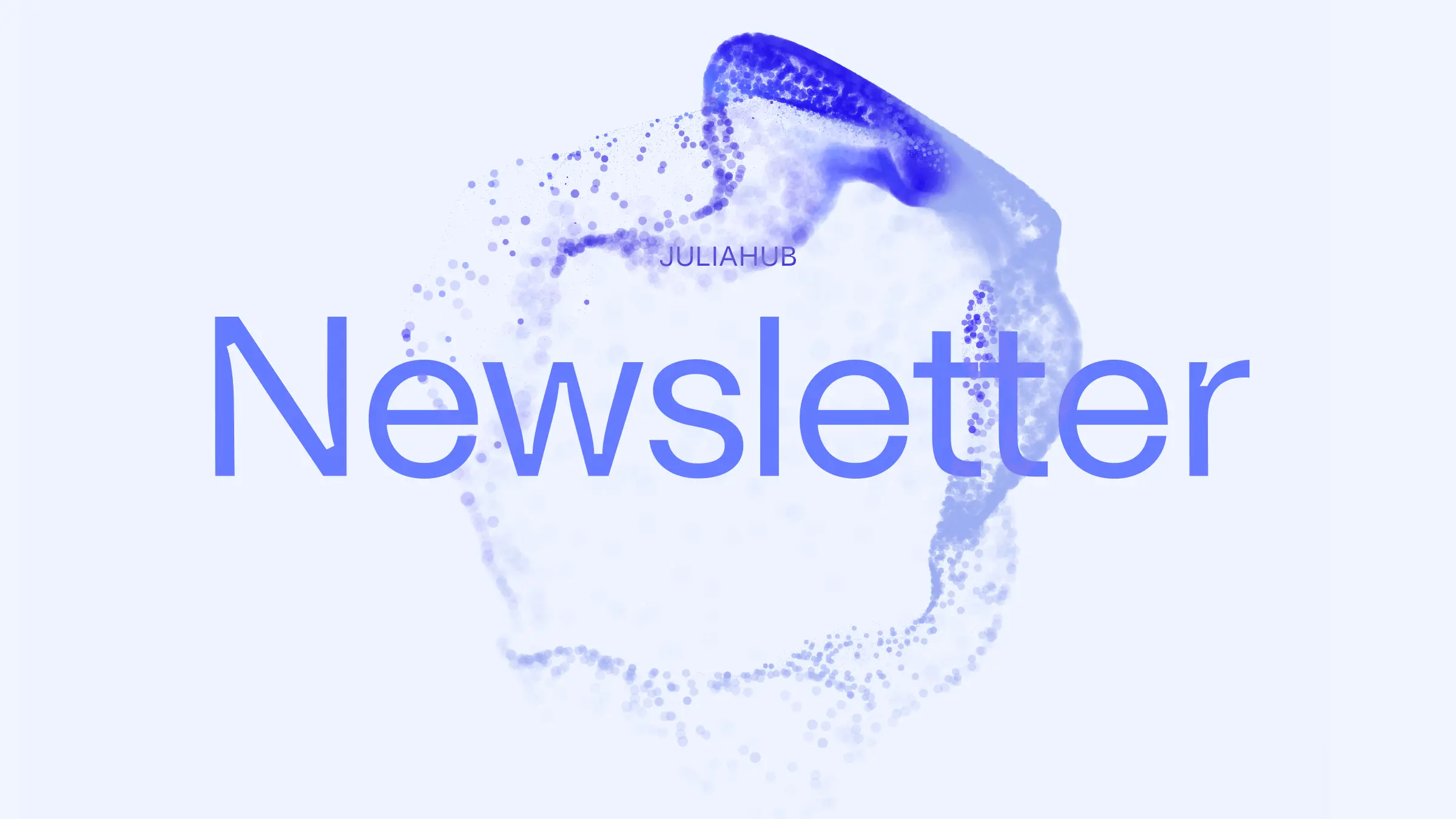Julia Computing was invited by The Planetary Society to represent the Celeste team at a space research reception for members of Congress, their staff, scientists and space, science and technology policymakers at the Library of Congress in Washington DC on October 25.
Participants included Julia Computing, Boeing, Lockheed Martin, Johns Hopkins Applied Physics Lab, Aerospace Industries Association, The Planetary Society, several members of Congress and more than 100 Congressional staff, current and former NASA employees and contributors, scientists, policymakers and advocates.


Photos by Tushar Dayal for The Planetary Society
“The Celeste project wouldn’t have happened without government support,” affirmed Julia Computing’s Keno Fischer. Two of the Celeste partners - Lawrence Berkeley National Laboratory and the National Energy Research Scientific Computing Center (NERSC) - are federally funded institutions. They contributed thousands of hours of staff time plus the world’s sixth most powerful supercomputer to help the Celeste team achieve the following milestones:
Analyzed 178 terabytes of astronomical image data from the Sloan Digital Sky Survey and catalogued 188 million stars and galaxies in 14.6 minutes
Achieved peak performance of 1.54 petaflop per second using 1.3 million threads on 9,300 Knight Landing (KNL) nodes on the world’s sixth most powerful supercomputer
Achieved a performance improvement of 1,000x in single threaded execution
When the Large Synoptic Survey Telescope (LSST) begins operation in 2019, it will produce more visual data every few days than the Sloan Digital Sky Survey’s Apache Point telescope has produced in 20 years. Using Julia and the Cori supercomputer, the Celeste team will be able to analyze and catalog every object in the LSST nightly images in just 5 minutes.





